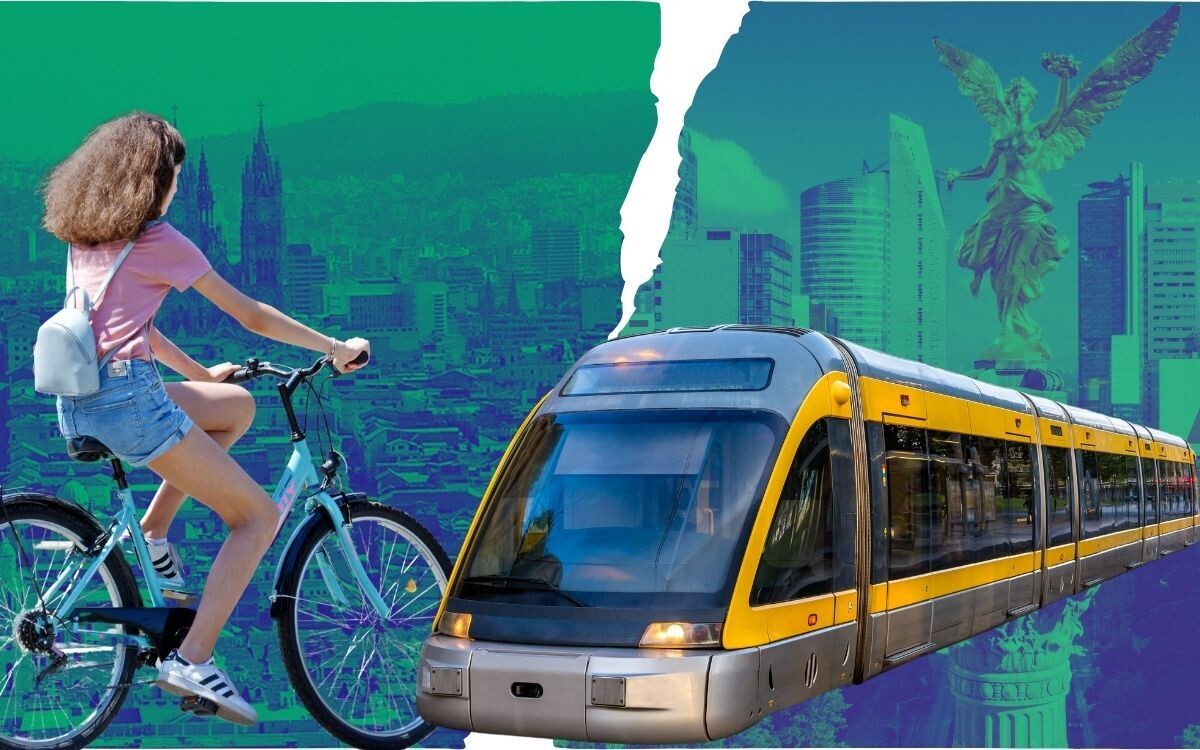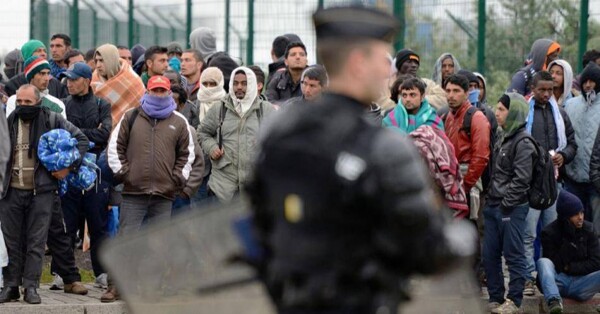
Mexico City and Quito were cited this Thursday as examples of solutions in urban transportation at the Ibero-American Cities Meeting hosted by Madrid. The meeting, organized by the Union of Ibero-American Capital Cities (UCCI) in collaboration with the Ibero-American General Secretariat (SEGIB), addressed among its discussions the topic of "Sustainable Urban Transition: Resources in Crisis."
The mayor of Quito, Pabel Muñoz, emphasized that in the face of resource scarcity in many municipalities, investments in sustainability in transportation are not just a trend. In this regard, he pointed out that the metro in the Ecuadorian capital, which will celebrate a year of operation in December, is an example not only of a transportation solution but also of a "social policy" within what he called "city rights" concerning health and environmental conservation.
For his part, the Secretary General of the International Public Transport Union, Mohamed Mezghani, indicated that this organization has about two hundred members from Latin America and different offices in Brazil, Chile, and Mexico.
Cities generate 70 percent of CO2 emissions into the atmosphere, which is why public transport systems like the metro in Quito provide solutions not only in terms of mobility but also in health and local employment, among other benefits, by helping to reduce pollution and facilitating access to jobs that cannot be outsourced.
In the case of the Mexican capital, he highlighted the integrated system that allows the use of different public transport with a single ticket as a good reference for other cities of its size.
The meeting, attended by the King of Spain and the Chancellor of Ecuador, Gabriela Sommerfeld, among others, is held with an eye on the upcoming Ibero-American Summit scheduled for November in the Ecuadorian city of Cuenca, as a declaration will be issued at its conclusion to take to this gathering of heads of state and government.














